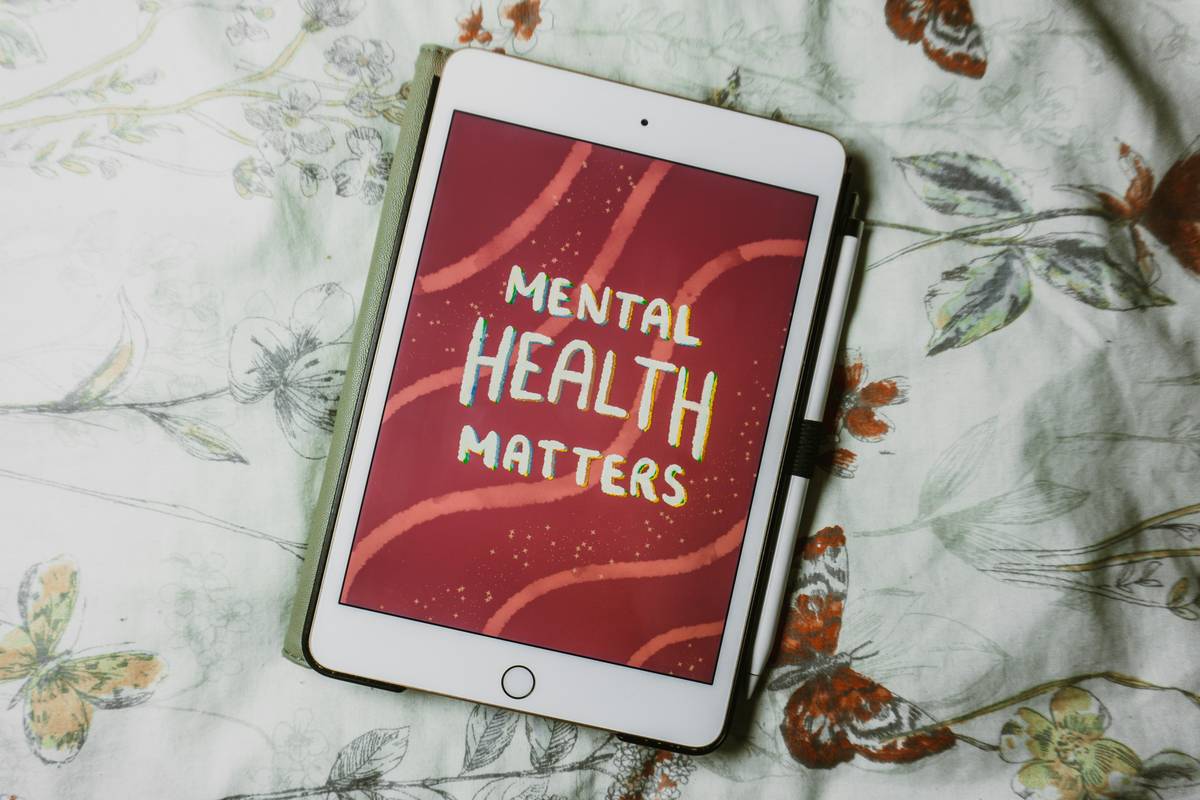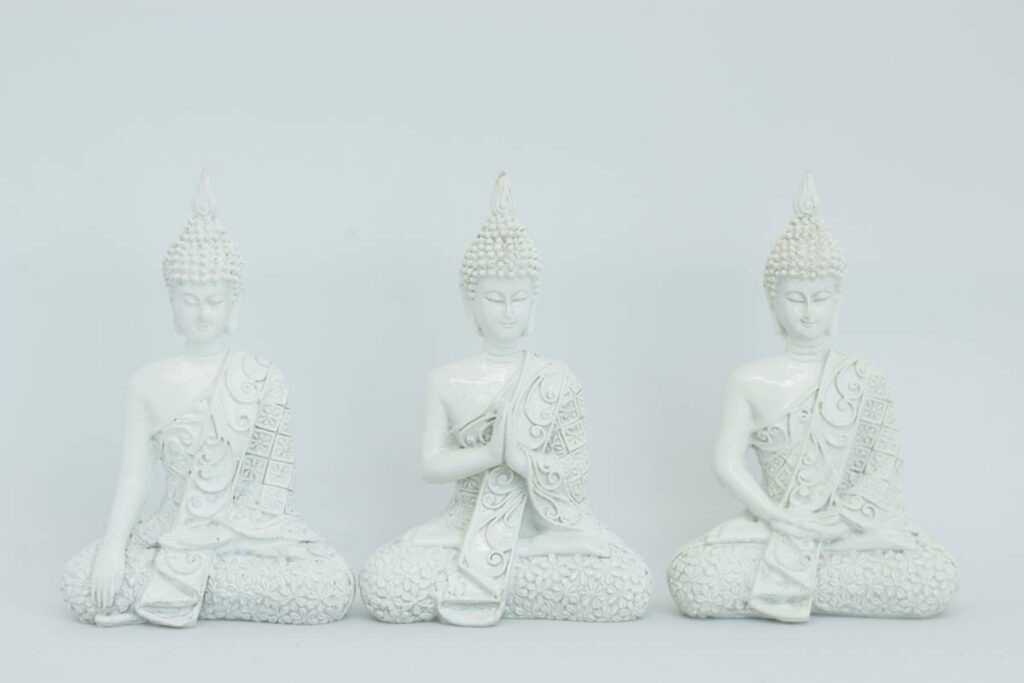Ever felt like stress is running the show while you’re just along for the ride? You’re not alone. With 77% of people experiencing physical symptoms caused by stress, it’s no wonder we’re desperate for tools that help us regain control.
In this post, I’ll walk you through resilient mind steps, actionable techniques to harness the power of stress management apps and take charge of your mental wellness. By the end, you’ll know how to pick the right app, use it effectively, and avoid common pitfalls.
Table of Contents
- Why Stress Management Apps Matter
- Step-by-Step Guide to Using Stress Management Apps
- 5 Tips to Get the Most Out of Your App
- Success Stories: Real People Who Thrived with Apps
- Frequently Asked Questions About Resilient Mind Steps
Key Takeaways
- Stress management apps can be powerful allies in building a resilient mind.
- Not all stress management apps are created equal—choose wisely.
- Consistency is key when using these tools; think of them as daily exercises for your brain.
- Avoid “quick fixes” that promise instant results without effort (spoiler alert: they don’t work).
- Real-world case studies show measurable benefits from combining apps with mindful habits.
Why Stress Management Apps Matter
Let me tell you about the time I downloaded an app called “Calm” only to delete it after one session because… well, I wasn’t calm. Turns out, simply having an app on your phone won’t magically fix everything. Lesson learned: resilience comes from *how* you use the tool, not the tool itself.
“But do I really need another app?” Grumpy Me would say. And Optimist Me retorts, “Only if you want to feel less like screaming into a pillow every evening.”
Here’s why stress management apps matter:
- They provide guided support—whether it’s meditations, breathing exercises, or journal prompts.
- Many leverage AI to adapt to your personal needs over time.
- Some even integrate gamification, making stress relief surprisingly fun (*chef’s kiss*).

Step-by-Step Guide to Using Stress Management Apps
How Do I Choose the Right App?
I once tried an app recommended by my dentist (yes, seriously). Spoiler: It didn’t align with my goals at all. Here’s how to avoid my rookie mistake:
- Define your goal: Are you looking for sleep aids, anxiety reduction, or productivity boosts?
- Read reviews: Trust user feedback more than flashy advertisements. Red flag words? “Gimmicky,” “overprized,” or “disconnected.”
- Test free trials: Most apps offer demos. Try before you commit!
What Are My First Steps Once I Pick One?
Let’s break down those resilient mind steps:
- Start small: Dedicate just 5 minutes a day to the app’s core features. Small wins lead to big changes.
- Set reminders: Use push notifications strategically—otherwise, you might forget.
- Track progress: Many apps include built-in trackers so you can see improvements over time. Science says tracking = accountability.
5 Tips to Get the Most Out of Your App
Want to maximize your gains? Follow these tips:
- Create rituals: Pair app usage with existing routines, like morning coffee or evening wind-downs.
- Customize settings: Tailor sounds, durations, and content to suit your preferences.
- Avoid multitasking: Focus fully during sessions—it’s tempting to scroll Instagram mid-meditation, but resist.
- Combine modalities: If your app has both audio and visual components, mix them up to keep things fresh.
- (Avoid Terrible Tip!) Don’t expect overnight miracles: Building resilience is a marathon, not a sprint.
Success Stories: Real People Who Thrived with Apps
Tina, a teacher overwhelmed by burnout, found her groove with Headspace. In three months, she reported sleeping better, feeling calmer, and managing classroom chaos like a pro.
Meanwhile, Jake, a startup founder, used Calm to combat insomnia. Within weeks, his sleep tracker showed a 40% improvement in rest quality. These stories prove that persistent effort + the right app = transformative results.
Frequently Asked Questions About Resilient Mind Steps
Q: Can stress management apps replace therapy?
A: No way. Think of apps as supplements, not solutions. They complement professional help beautifully but aren’t direct substitutes.
Q: What happens if I miss days in my routine?
A: Life happens! Just get back on track. Missing doesn’t mean failing—it means adjusting.
Q: Is there an ideal age to start using these apps?
A: Nope! Whether you’re 18 or 80, everyone can benefit from cultivating a resilient mind.
Conclusion
We’ve covered a lot today—from understanding why stress management apps are game-changers to walking through step-by-step guidance for mastering resilient mind steps. Remember, consistency trumps perfection here. Keep experimenting until you find what works best for YOU.
So grab that cup of coffee (you earned it!) and download something new. Or revisit old favorites with fresh energy. Whatever path you choose, remember: A resilient mind isn’t built overnight—it’s nurtured daily.
Like Pikachu evolving into Raichu, your mental strength grows over time. Gotta catch ‘em all? Start now.


